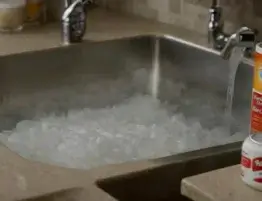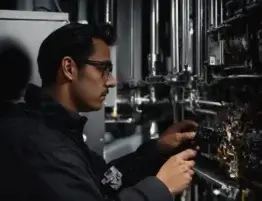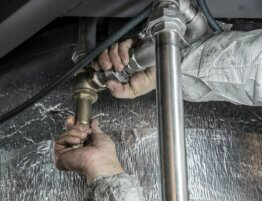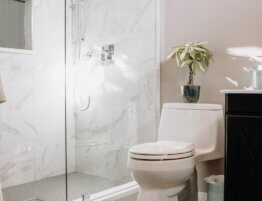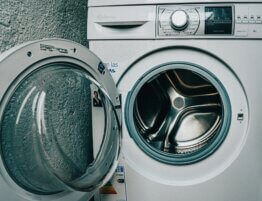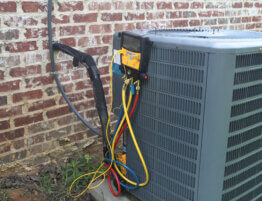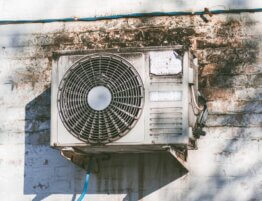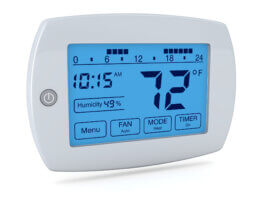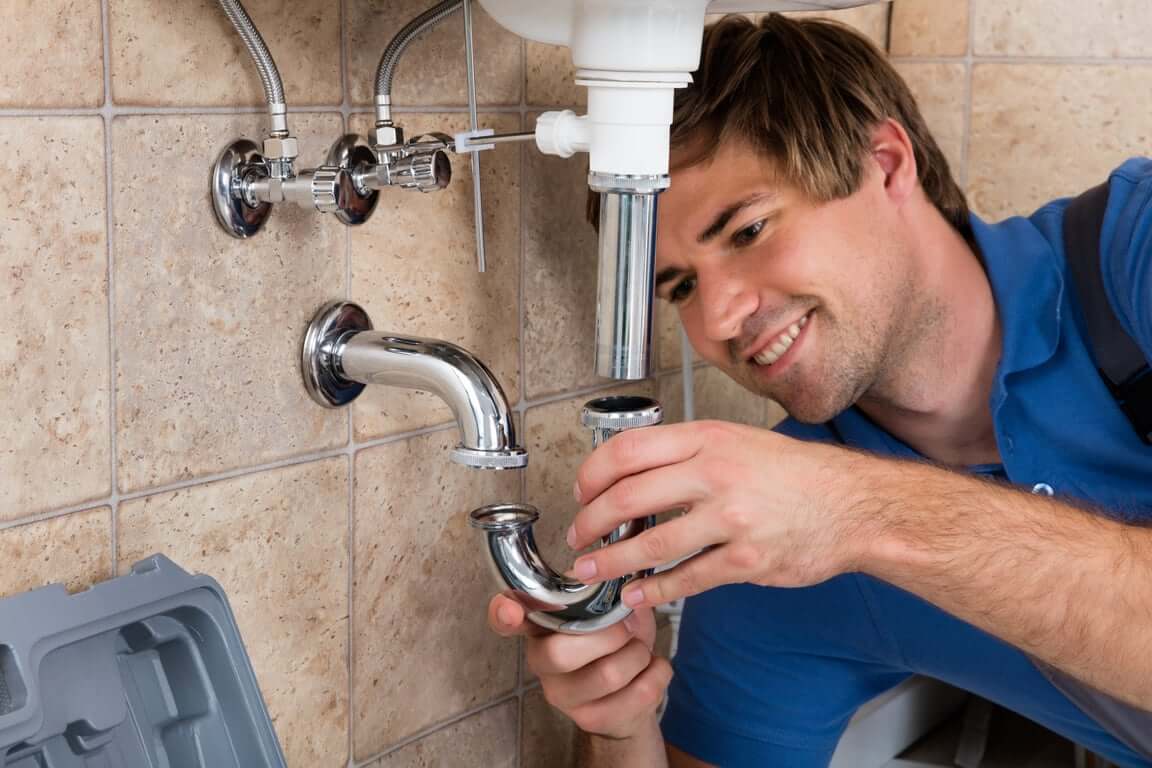
Americans spent over $550 billion in 2022 on home renovations. Investing money into your home is an amazing way to make it a more comfortable place to live.
However, not all renovations occur for aesthetic appeal. Regular home maintenance is also essential.
Plumbing issues like clogged drains are some of the most common problems that homeowners encounter. Fixing slow drains is easier than it seems, though. Let’s explore the key information you need to keep in mind.
1. Poor Maintenance
One of the primary causes of slow drains is poor maintenance. It’s essential to regularly check the function of the drains in your home to determine if there are underlying issues.
For example, many people don’t pay attention to the fact that their sinks and bathtubs start to drain slower over time. It’s also important to inspect your septic system.
If the tank becomes too full, the rising water level inside will have a negative impact on drainage in other areas of your home.
2. System Overuse
How fast a drain functions can be influenced by other areas of your house. Put simply, drains aren’t entirely independent of each other.
If you overuse your septic system on one side of the house, it could cause poor drainage on the other side. A common scenario involves too many people living at a particular property. To clarify, if you have eight people living in a two-bedroom home, there’s a good chance that you will overload your septic system and cause drainage issues.
3. An Abundance of Rain
Large amounts of rainwater can also cause your drains to function poorly. This is due to the fact that the drain field may not be able to operate efficiently. If the ground is saturated with water, it might not be able to absorb new water as quickly as it should.
In a case like this, you’ll have no choice but to wait for the ground to dry. This can be notably frustrating for people who live in areas with rainy climates.
While you’re waiting, you should minimize the amount of water you put down the drains in your home. This will prevent further issues from arising.
4. Grease, Oil, or Fat
Grease, oil, and fat used during cooking can easily clog the drain. These materials accumulate in the pipes and cause blockages that prevent water from draining appropriately. In this scenario, you can try plunging the drain to dislodge the blockage.
If this is unsuccessful, you can then attempt to dissolve the solidified oil/grease by pouring a mixture of hot water and detergent. After using this mixture, you can try to plunge the drain a second time.
To prevent this issue from happening, be sure that you avoid putting large amounts of the above substances in your drains.
5. Hair
Most of us have experienced clogs caused by hair. As hair accumulates in drains, it tangles and eventually causes a blockage. Hair also has a tendency to catch other objects or substances, making it even more difficult for water to drain properly.
In most cases, drain cleaning products will dissolve the hair and allow water to drain once more. In severe cases, you might need to use a plumber’s snake to loosen or remove the hair before trying other solutions.
6. Food Waste
Similar to putting grease or oil diner drain, food waste can also clog the pipes in your home. The problem here is that you may not notice issues for extended periods of time before they arise.
To clarify, you might be able to get away with putting leftover scraps down the drain for months before your drain clogs. At this point, you’ll have a substantial problem on your hand that won’t be easy to resolve on your own.
7. Using Too Much Water
If too much water enters your septic system too quickly, drains could function improperly. Your septic system will need time to remove the water that drains into it.
If a large number of people take showers, do multiple loads of laundry, etc. in a short period of time, you may have introduced too much water to your system.
Keep in mind that this relates to water volume more so than frequency. If the same amount of water were dispersed over a longer period, you likely wouldn’t encounter problems.
Solving the Problems
The best way to resolve drain issues is to contact a professional. They have the knowledge and resources required to get the results you need. They can also help you overcome problems you may have otherwise encountered.
For example, attempting a DIY solution could inadvertently cause damage to your septic tank. In some cases, this could prove to be a significant financial burden. When searching for someone to work with, consider their past reputation.
This will provide insight into the type of results you’ll get. Keep an eye out for what past customers have had to say about their timeliness, reliability, and professionalism.
Be sure to work with someone who offers a free quote for their services. The last thing you want to deal with is unexpected costs.
Finally, consider working with someone who is easy to get in touch with. If they don’t seem interested in helping you resolve your problems, you should continue your search elsewhere.
Fixing Slow Drains Is Simple
The above guide has everything you need to fix slow drains in your home. Be sure to consider this information in the future so that you can take the appropriate steps.
Get in touch with us today at My Guys to see how we can help. Our team of professionals can assist you with your home’s plumbing issues and get you back on track as soon as possible.


